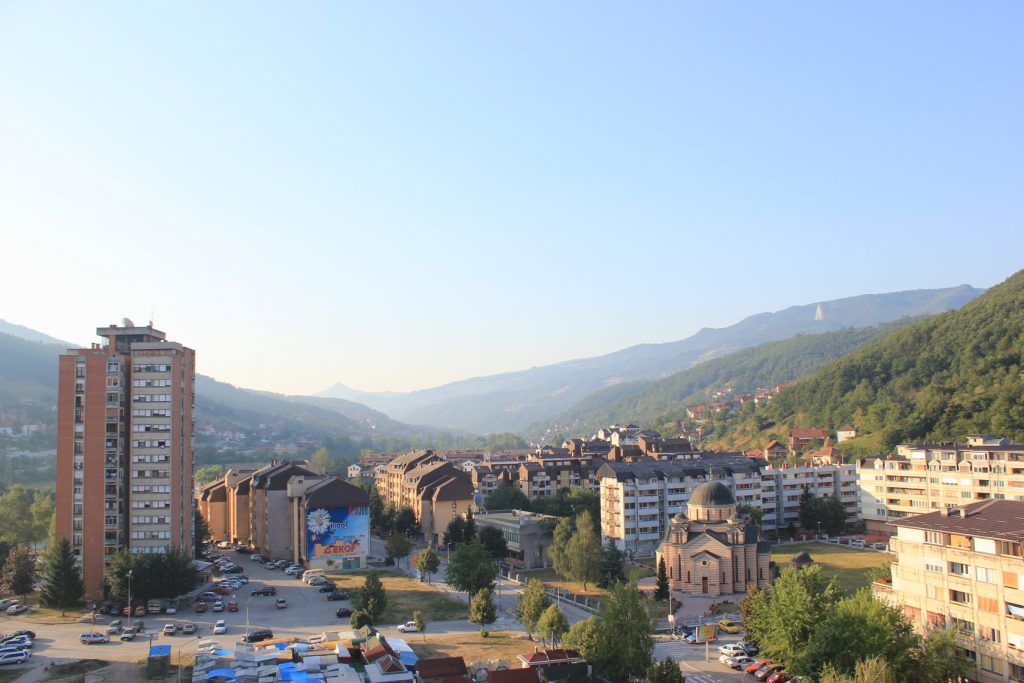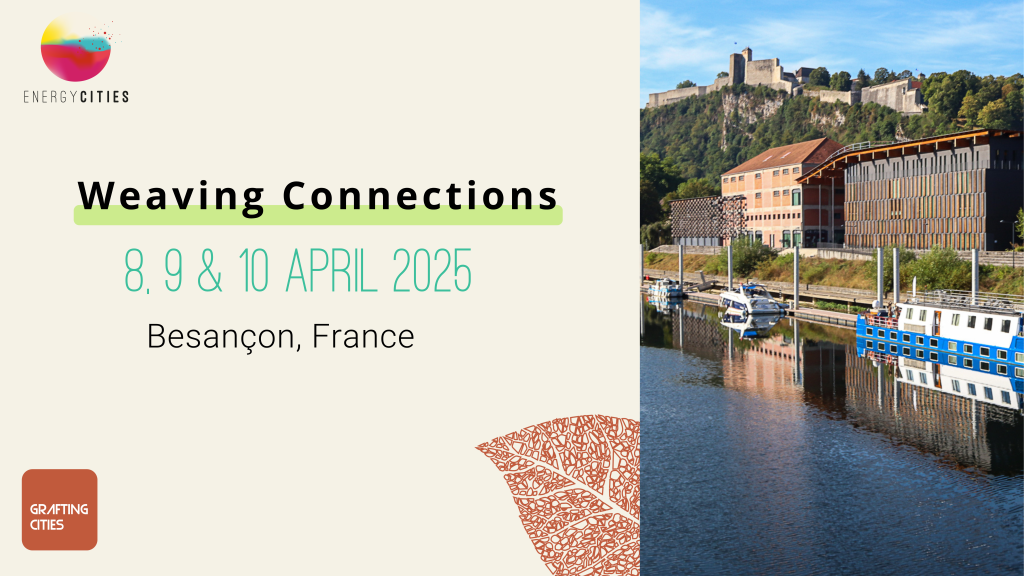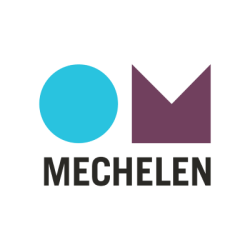We welcome our new members!
4 new cities have decided to join the Energy Cities network since our conference in Valencia.
We are delighted to welcome Kutaisi (Georgia), Mechelen (Belgium), Mesagne (Italy) and Priboj (Serbia).
The initiatives of each city will give the network’s members the inspiration they need to rethink and design new urban landscapes. At our upcoming annual forum, all our members will be invited to share their successes and their projects to illustrate how collective efforts can lead to change and create resilient communities.
Kutaisi is focusing on behavioural change by its population
To encourage environmentally friendly behaviour, the city’s innovation team has launched experimental initiatives in three areas: smart management, green transport and sustainable energy. In just one year, the team has witnessed significant inroads in the management of waste. It has tested a smart waste management system using sensors and bin analysis. It has also developed several training courses and hackathons to encourage innovation and has made significant savings by installing solar panels on buildings.
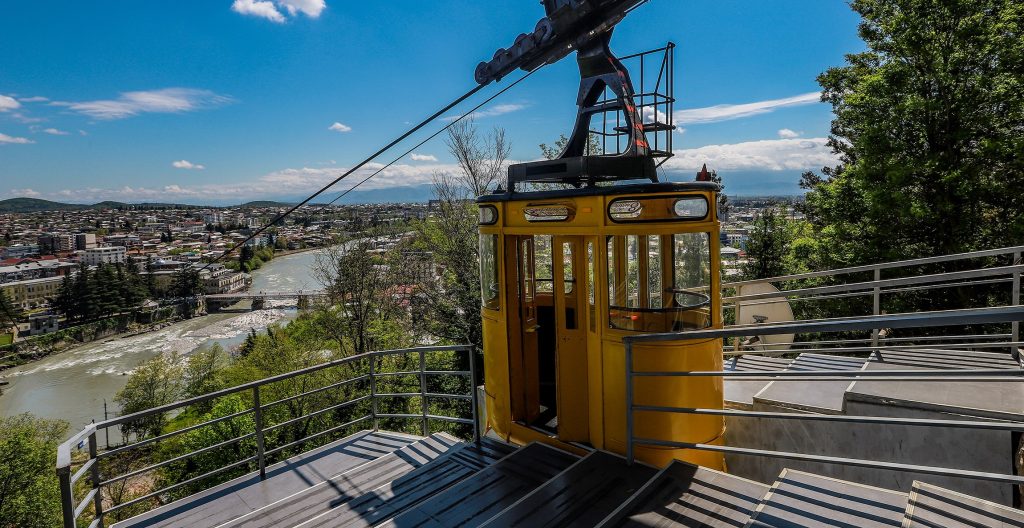
Looking to 2050 with Mechelen’s Heat Transition Arena
In 2023, Mechelen launched its Heat Transition Arena, an innovative discussion and knowledge-sharing method that has proved to be a way of gearing up to sustainable and future-proof urban development.
This arena brought together experts, stakeholders and political decision-makers to promote the transition to sustainable urban heating networks. The emphasis was on exploring innovative solutions, the discussion of challenges and the identification of opportunities to make Mechelen climate-neutral by 2050.
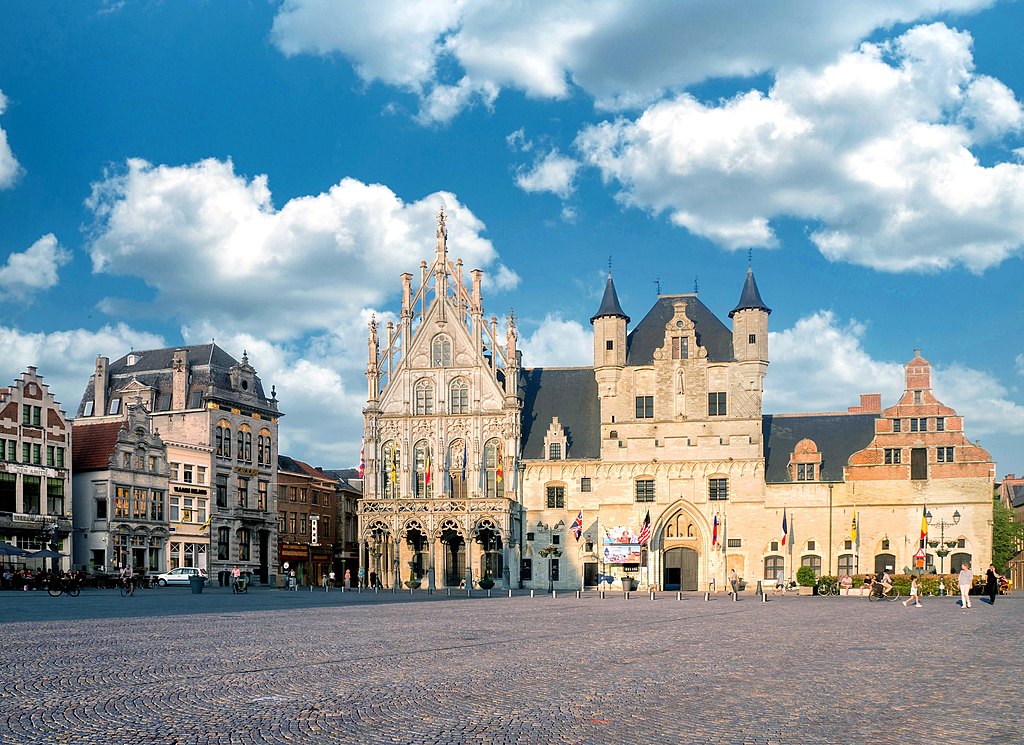
Mesagne, an exemplary city for the Covenant of Mayors!
The city of Mesagne is a leader on the CO-MAY Interreg project which aims to help Italian and Croatian local authorities achieve the goals of the Covenant of Mayors.
Through the project, cities can build their governance capacity by sharing best practices and increasing local communities’ knowledge and awareness of innovative energy efficiency and emissions reduction practices. Mesagne is currently developing its own sustainable energy and climate Action Plan.
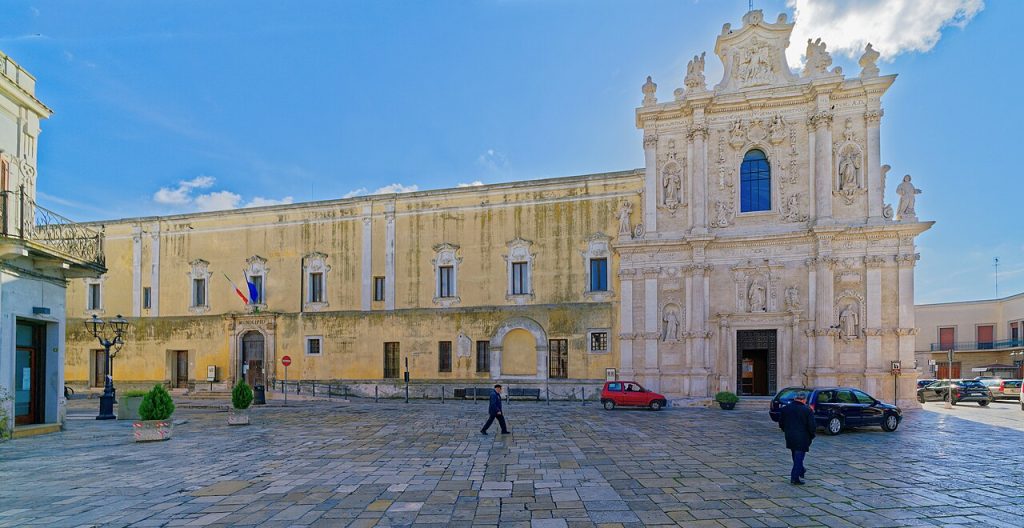
Priboj aims to stop the use of fossil fuel by 2030
Priboj joined the Covenant of Mayors in 2018. This initiative is a concrete example of all the measures that the city is taking to improve its energy efficiency, in particular by drawing on the local energy resources available in the area.
The city of Priboj produces a significant amount of biomass and was the first Serbian city to develop a central biomass heating system.
The city has also renovated a hospital to make it more sustainable by transitioning its fossil fuel heating system to renewable energy.
The city’s goal is to stop all fossil fuel use by 2030.
